In today\’s competitive job market, attracting and retaining top talent has become a crucial factor for businesses to succeed. While attracting talent is a challenge in itself, retaining the best employees is equally important. Companies that prioritise retaining their top talent reap numerous benefits, including increased productivity, reduced turnover costs, and a competitive edge.
In this blog, we will explore effective strategies that organisations can implement to retain their most valuable asset: their employees.
Positive work culture
Employees want to work in an environment that values their contributions, provides opportunities for growth, and encourages a work-life balance. Adopting certain strategies can promote a positive work environment that encourages employee retention.
Encouraging open communication is crucial. You can promote transparency and engagement by establishing channels for employees to voice their opinions, concerns, and ideas, such as feedback sessions and suggestion boxes.
Promoting work-life balance is fundamental in 2023. You can achieve this by offering flexible work arrangements, promoting wellness programmes, and respecting boundaries between personal and professional life.
Furthermore, recognising and rewarding achievements plays a significant role in retaining talent. Regularly acknowledging outstanding performance through public recognition, rewards, and opportunities for advancement not only boosts morale but also demonstrates that your organisation values and appreciates its employees\’ contributions.
Development and growth opportunities
Businesses that want to retail their top performers should recognise that top performers are often motivated by opportunities for growth and development. Investing in employees\’ professional development can be achieved through various strategies, including training and skill-building programmes and career advancement opportunities.
Offering your employees opportunities to take part in training programmes, workshops, and courses to enhance their skills and knowledge, demonstrates your commitment to them and encourages long-term loyalty. By investing in their growth, you will empower employees to expand their capabilities and stay relevant in a rapidly evolving professional landscape. These opportunities for personal and professional development not only contribute to the employees\’ individual growth but also equip them with the tools they need to contribute effectively to your organisation\’s success.
Establishing clear career paths and providing growth opportunities can promote employee motivation and engagement. Regularly reviewing employee performance and engaging in meaningful discussions about their aspirations are essential components of this approach. When appropriate, you should offer promotions or lateral moves to employees, aligning their goals with your company’s objectives. This not only helps employees envision a future within the business but also serves as a powerful motivator to excel in their roles. By actively supporting their career progression, you can develop a loyal and driven workforce that is committed to achieving both personal and organisational success.
Additionally, implementing mentoring programmes that pair experienced employees with newer team members is an effective way to promote knowledge transfer, guidance, and support within the organisation. This initiative creates a nurturing environment where seasoned professionals can pass on their expertise and provide valuable insights to those who are just starting their journey. By facilitating this mentor-mentee relationship, businesses not only promote a sense of belonging and camaraderie but also enable the professional development and growth of their employees.
Compensation and benefits packages
Competitive compensation and benefits play a crucial role in both attracting and retaining top talent. To create an appealing package that meets the needs of employees, businesses should consider several key factors.
One aspect to consider is offering a competitive salary. Conducting thorough market research allows organisations to ensure that their salaries are in line with industry standards. Regularly reviewing and adjusting salaries demonstrates a commitment to recognising employees\’ contributions and staying competitive in the job market. By providing fair and competitive compensation, you can attract accomplished employees and retain high-performing employees.
In addition to a competitive salary, offering a comprehensive benefits package is essential. You can include a range of benefits such as health insurance, retirement plans, paid time off, and other perks. Providing a comprehensive benefits package demonstrates that organisations care about the well-being and overall quality of life of their employees.
Implementing performance-based incentives is another effective strategy for improving employee retention. By offering bonuses, profit sharing opportunities, or stock options based on individual and team contributions, you can motivate high performance and reinforce loyalty. Performance-based incentives not only reward employees for their exceptional work but also create a sense of fairness and recognition. This approach encourages employees to strive for excellence, resulting in increased productivity and a stronger commitment to your company’s success.
Work-team alignment and employee autonomy
Creating an environment where employees align with your organisation\’s mission, values, and goals is crucial for employee retention. There are several strategies you can implement to achieve this.
It’s important to clearly communicate your organisational values. Regularly emphasising your mission, vision, and values through internal communications, team meetings, and performance evaluations helps employees understand and connect their work to the larger purpose of the business. This gives employees a sense of shared purpose and encourages them to align their efforts with your organisation’s overall goals
Trusting employees to make decisions and providing them with autonomy in their work allows them to take ownership of their tasks and projects. By encouraging innovation and creativity, you can tap into your employees\’ potential and benefit from their unique perspectives. Offering opportunities for employees to contribute their ideas and solutions not only enhances job satisfaction but also cultivates a sense of ownership and engagement.
Additionally, promoting a collaborative work environment where employees can freely share knowledge, ideas, and resources creates an ethos of cooperation and synergy. Encouraging cross-functional collaboration and organising team-building activities can strengthen relationships among employees and further a sense of belonging within the organisation.
Conclusion
Overall, the implementation of effective talent retention strategies is essential for businesses. It ensures the availability of a skilled and motivated workforce, encourages a positive work culture, and contributes to long-term success. By investing in talent retention, businesses can thrive in a competitive market, build strong employer brands, and create a workplace where employees feel valued and motivated to contribute their best.
If you’re looking to hire top talent to join your business, you can complete our short enquiry form and a member of our team will contact you to discuss how we can support your recruitment needs.










